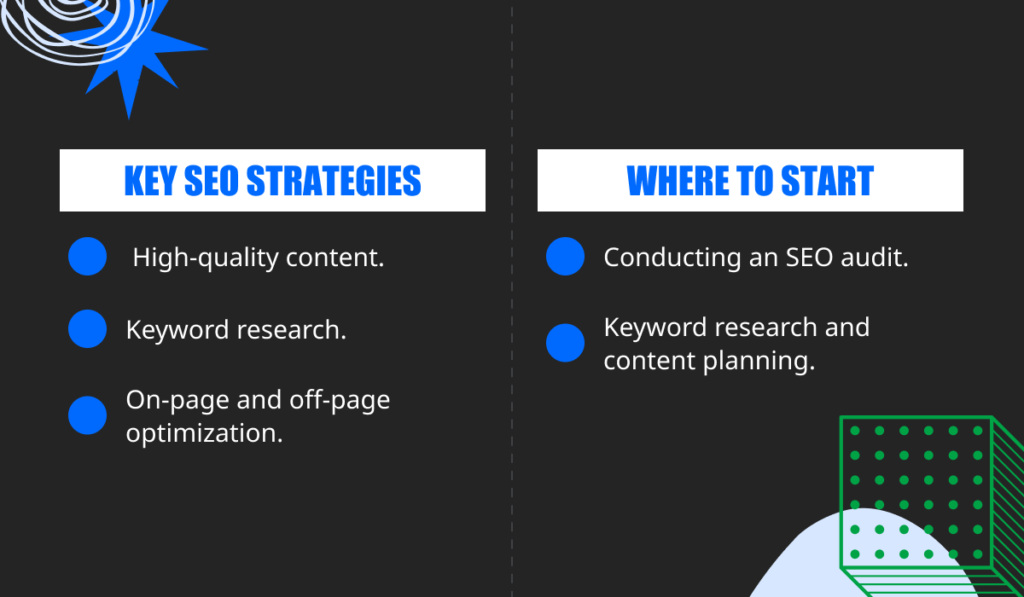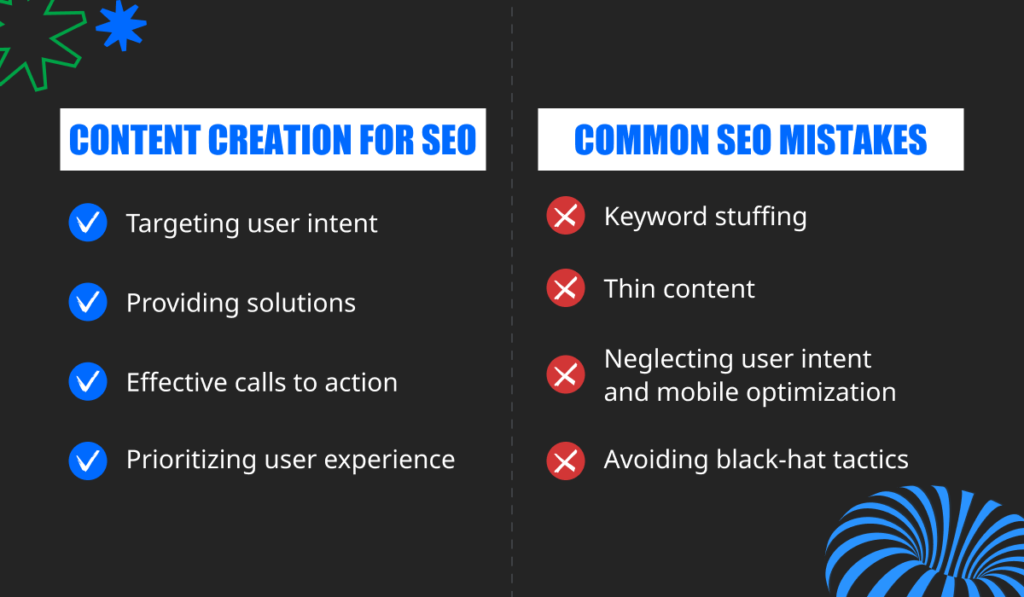You’ve built a fantastic affiliate blog with insightful content and stellar product recommendations. But frustratingly, your traffic just isn’t where you want it to be. Sound familiar? Well, we know what can help you.
The BizzOffers team is always looking for useful tools to promote products. Today, we get our eyes on SurgeGraph, an AI writer tool designed to create content that resonates with your readers and ranks high in search engine rankings, maximizing traffic.
We asked Hans, Customer Success Specialist at SurgeGraph, to share SEO promotion tips and how the AI writer helps promote websites to the top of the search engine rankings.
What makes an affiliate blog different from other types of blogs? Why is it essential for affiliate marketers to understand the difference?
Affiliate blogs are created only by affiliate marketers focusing on promoting specific products or services through affiliate marketing links. They earn commissions for sales generated through those links. Regular blogs, on the other hand, can cover a wider range of topics, but they do so without the same goal.
Knowing the difference helps. Affiliate marketers need to tailor their content and SEO strategies to fit the purpose better. They can’t focus only on promoting the product or service. They must balance user needs with product promotion, focusing on valuable content and developing trust to achieve conversions. Trust is a critical factor when it comes to affiliate marketing. People need to know you have a certain level of expertise in this field/industry before they trust your judgment or call to purchase through their affiliate links.
Can you describe the key SEO strategies that affiliate bloggers should prioritize to increase their blog’s visibility and ranking on search engine result pages (SERP)?
Search engines never treat them differently. First and foremost, high-quality, helpful, and non-spammy content. (from Google Core Update)
As usual, the rest are keyword research, on-page and off-page optimization.
What should be the first steps for a website owner looking to develop an SEO strategy for their affiliate blog? Where would you recommend to start?
SEO audit. Can’t stress this enough. Please run a full SEO audit of the website and identify the shortcomings. This should give you a good idea of where to start.
Again, keyword research. And plan your content calendar.

How can AI tools assist website owners in optimizing and boosting their site’s performance?
Keyword research: AI tools can suggest relevant keywords and analyze search volume and competition.
Content optimization: Some AI tools can offer content suggestions, improve readability, and identify potential keyword gaps.
SurgeGraph can do both.
What should an affiliate marketer keep in mind when SEO optimizing blogs about parental control tools, phone monitoring, or a healthy lifestyle?
It is compulsory to study and research topics whenever you are about to work on a specific niche topic like this. If you’re using an AI Writer, make sure the AI writer comes with a feature that allows you to insert custom prompts, commands, and also experience and expertise from individuals as well.
How can a product be introduced to an audience in a way that makes them want to buy it? How can links to promoted products be natively added to the content?
There are a few crucial elements: the audience, introduction, and placement of the link/product. Firstly, only introduce the product and service that matches the audience. It wouldn’t make sense to introduce a gardening tool to your SEO audience that you have been building.
We recommend a solid introduction. A common but effective way is to introduce the product by addressing user needs and pain points. Please also disclose affiliate relationships to maintain user trust.
Affiliate marketers must integrate links organically within the content flow, use relevant anchor text that describes the product or landing page, and highlight the product features and benefits with clear value propositions.

What approach can bloggers take to create content that enhances their site’s SEO and effectively converts readers into buyers while meeting the expectations of both users and search engines?
First, they should target user intent. This means researching the specific questions and needs users have when searching online, and then crafting content that directly addresses them. By solving problems and offering practical information relevant to their niche, bloggers can establish themselves as valuable resources.
However, informing readers isn’t enough. In order to nudge them toward the desired outcome, there are several things to be done: clear calls to action, whether it’s encouraging them to explore more content, visit product pages, or make a purchase, nudges them towards the desired outcome.
Considering Google’s algorithm updates, what are some common SEO mistakes that affiliate bloggers should avoid? How can they safeguard their strategies for the future?
Avoid keyword stuffing. Unnaturally forcing keywords into content creates a clunky reading experience and you will get flagged by search engines.
Similarly, thin content that lacks depth and value for users won’t rank well. Google’s algorithm updates prioritize user experience and high-quality content. So, stop giving low-quality and spammy content. Focus on creating only useful content.
Affiliate bloggers should also avoid ignoring user intent. Content that doesn’t address the specific questions and needs users have when searching online will struggle to gain traction.
Can’t stress this enough. Affiliate bloggers should steer clear of black-hat SEO tactics! Like buying backlinks or keyword cloaking, as these practices can actually harm their website’s reputation and search ranking in the long run.
From your perspective, which SEO tactics do you believe will yield the most favorable results in 2025?
Content is king! Just remember this. And that doesn’t mean posting tons of content = win.
It means you need high-quality content that focuses on helping your readers (users), not creating for the sake of ranking.
Think of this the other way. You are searching on the Internet. All you get is low-quality, spammy and not-answering-your-inquiry content. Frustrated? Now this is how Google sees it. Demonstrating Expertise, Experience, Authoritativeness, and Trustworthiness (E-E-A-T) will continue to be a major ranking factor.
With the majority of users searching on smartphones and tablets, a mobile-first approach is no longer optional. You must ensure your website offers a seamless and optimized experience for mobile users.
Wrapping Up
So there you have it! By understanding the unique needs of affiliate marketing and implementing these valuable SEO strategies, you can propel your blog to the top of the search results and convert those clicks into sales.
While AI writing tools like SurgeGraph can be a powerful asset for research, optimization, and content creation, human expertise remains irreplaceable. Use them to streamline your workflow, but never lose sight of the importance of your voice and insights.
Now, create fantastic content and watch your affiliate blog flourish!



